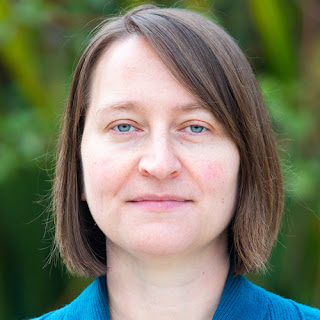Data Science for good - or is it? Case studies from the Human Rights Data Analysis Group
On Monday October 3rd at 4pm in Olin 201, Megan Price, Executive Director of the Human Rights Data Analysis Group will present a few case studies involving violent human rights violations globally and will talk about how data analysis plays a role in tracking and quantifying these violations.
We interact with the outputs from quantitative models multiple times a day. As methods from statistics, machine learning, and artificial intelligence become more ubiquitous, so too do calls to ensure that these methods are used “for good” or at the very least, ethically. But how do we know if we are achieving “good”?
This question will frame a presentation of case studies from the Human Rights Data Analysis Group (HRDAG), a Bay Area nonprofit that uses data science to analyze patterns of violence. Examples will include collaborations with US-based organizations investigating police misconduct and partnerships with international truth commissions and war crimes prosecutors. HRDAG projects will be used to illustrate challenges of real-world data, including incomplete and unrepresentative samples, and adversarial political and/or legal climates.
The potential harm that can be done when inappropriately analyzing and interpreting incomplete and imperfect data will be especially highlighted, including questions such as: How can we develop approaches to help us identify the cases where analytical tools can do the most good, and avoid or mitigate the most harm? We propose starting with two simple questions: What is the cost of being wrong? And who bears that cost?
BIO: As the Executive Director of the Human Rights Data Analysis Group, Megan Price drives the organization’s overarching strategy, leads scientific projects, and presents HRDAG’s work to diverse audiences. Her scientific work includes analyzing documents from the National Police Archive in Guatemala and contributing analyses submitted as evidence in multiple court cases in Guatemala. Her work in Syria includes collaborating with the Office of the United Nations High Commissioner of Human Rights (OHCHR) and Amnesty International on several analyses of conflict-related deaths in that country.
Megan is a member of the Technical Advisory Board for the Office of the Prosecutor at the International Criminal Court and a Research Fellow at the Carnegie Mellon University Center for Human Rights Science. In 2022 she was named a Fellow in the American Statistical Association. She earned her doctorate in biostatistics and a Certificate in Human Rights from the Rollins School of Public Health at Emory University. She also holds a master of science degree and bachelor of science degree in Statistics from Case Western Reserve University.



Comments
Post a Comment